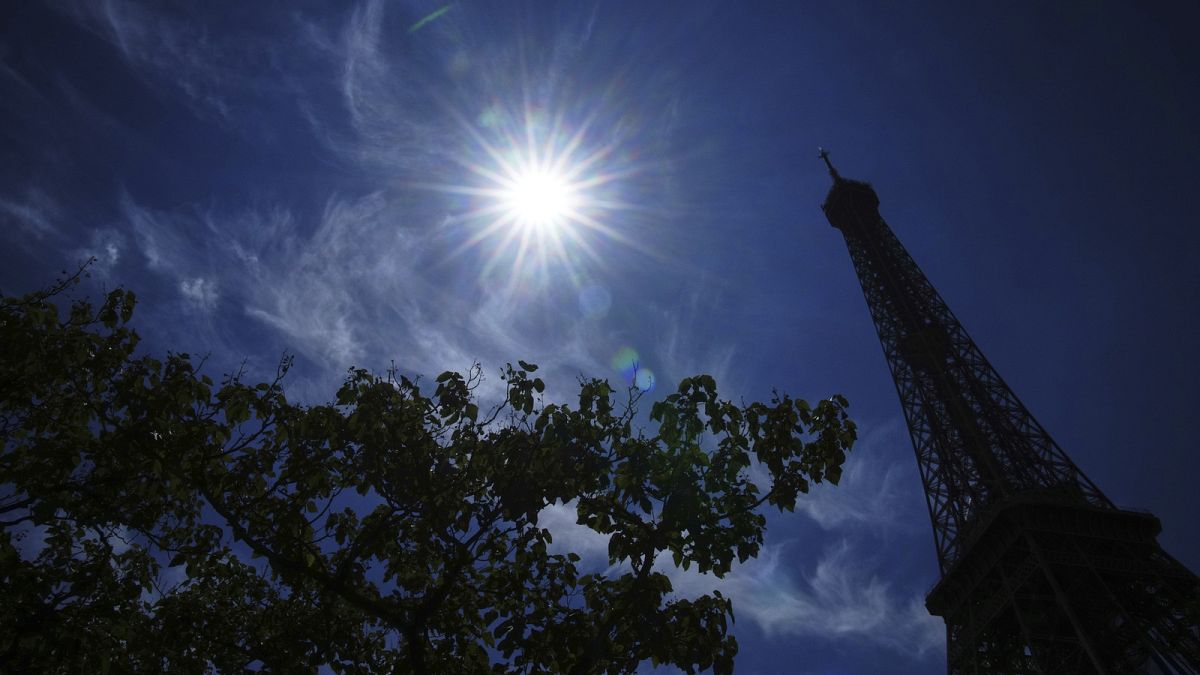

The summer of 2025 has seen Europe facing an intense heatwave, with temperatures reaching unprecedented highs across many parts of the continent. As heat envelops countries like Portugal, Spain, France, and Italy, communities are finding innovative ways to handle the soaring temperatures, all while acknowledging the growing impact of climate change.
The Mediterranean region, known for its picturesque beaches and azure waters, is currently experiencing record-breaking sea temperatures. This phenomenon poses challenges not only to marine life but extends its ripple effects to coastal communities. Scientists have issued fresh warnings, highlighting how such intense marine heat could disrupt ecosystems and have a lasting impact on local economies.
Amidst the sweltering conditions, Prague Zoo has demonstrated a thoughtful approach in caring for its animal inhabitants by delivering ten tonnes of ice. This initiative aims to mitigate the effects of the scorching 34°C heat, providing a much-needed respite for the animals during these summer days. These efforts serve as a reminder of the adaptability and care in addressing the challenges posed by extreme temperatures.
Nevertheless, southern parts of the continent have not been spared from the severe weather. Italy, in particular, has faced a deadly combination of extreme heat and unexpected flooding resulting from an African anticyclone. Sadly, the sudden flooding led to the loss of two lives, underscoring the unpredictable nature of such weather patterns. The situation has heightened discussions on bolstering preparedness and response strategies to safeguard communities.
In response to the current conditions, many Europeans are seeking refuge in nature’s cooler enclaves. Walking and hiking routes, especially in the mountainous regions such as Italy’s Dolomites and Norway’s Fjords, have gained popularity. These areas offer not only a retreat from the heat but also connect people with the tranquility and beauty of the natural environment. Such journeys of exploration and relaxation serve as a testament to finding peace and solace amidst the challenges of climate extremes.
While individuals adapt and find ways to cope, the broader narrative of climate responsibility is also unfolding. In Brussels, discussions surrounding the 2040 climate targets continue, as EU officials weigh the urgency of climate initiatives against immediate weather challenges. This emphasizes the delicate balance between long-term environmental policy-making and the immediate actions needed to address current climatic events.
The ongoing heatwave has reinforced the call for collective global action on climate change. As Europe witnesses the tangible effects of rising temperatures, the importance of sustainable practices, innovative solutions, and community resilience cannot be overstated. Together, these efforts are paving the way for a future that not only acknowledges but acts upon the urgent need for environmental stewardship.
While the journey is wrought with hurdles, Europe’s adaptation and proactive steps remind us of the potential for positive change. The stories of individuals and communities coming together in times of adversity, and the broader actions toward climate responsibility, paint a picture of hope and resilience. As temperatures climb, so too does the resolve to ensure a sustainable and harmonious future for all.
Source: {link}
